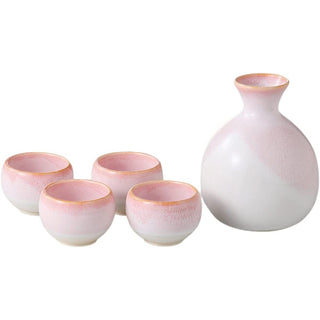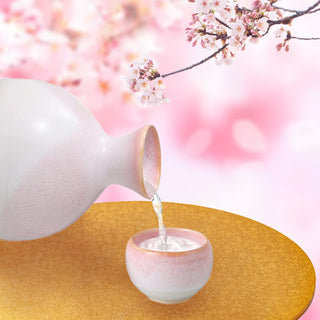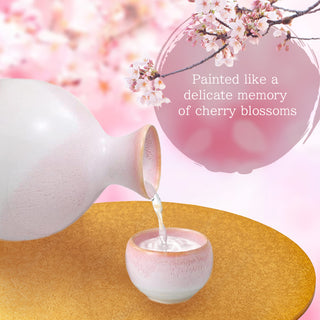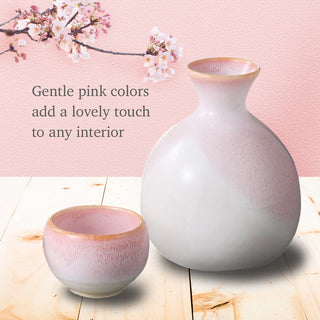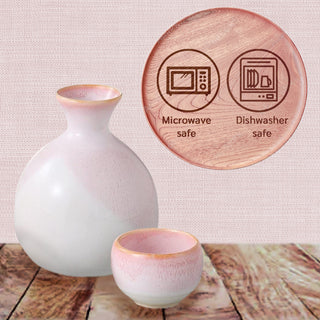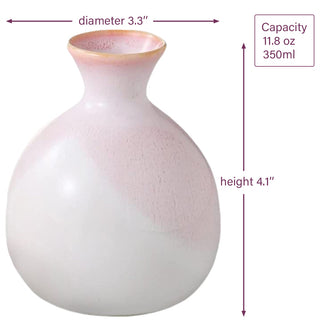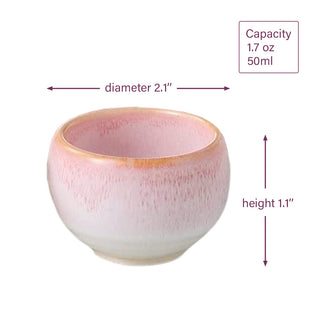-
Product description
- You can enjoy the original taste of sake at room temperature and cold sake typically goes down the smoothest, delivering a fruity flavor. Heated sake (warming up the sake bottle by running hot water over it) has a more distinguished aroma with a fuller and sweeter taste.
- Serve sake out of the bottle into the sake cups and experience the different tastes of sake at various temperatures which actually have special names in the Japanese language. "Hiya" is room temperature sake, "Reishu" is cold sake, and "Kanzake" is hot sake.
- You can enjoy the original taste of sake at room temperature and cold sake typically goes down the smoothest, delivering a fruity flavor. Heated sake (warming up the sake bottle by running hot water over it or using a microwave oven) has a more distinguished aroma with a fuller and sweeter taste.
Product description
- You can enjoy the original taste of sake at room temperature and cold sake typically goes down the smoothest, delivering a fruity flavor. Heated sake (warming up the sake bottle by running hot water over it) has a more distinguished aroma with a fuller and sweeter taste.
- Serve sake out of the bottle into the sake cups and experience the different tastes of sake at various temperatures which actually have special names in the Japanese language. "Hiya" is room temperature sake, "Reishu" is cold sake, and "Kanzake" is hot sake.
- You can enjoy the original taste of sake at room temperature and cold sake typically goes down the smoothest, delivering a fruity flavor. Heated sake (warming up the sake bottle by running hot water over it or using a microwave oven) has a more distinguished aroma with a fuller and sweeter taste.

